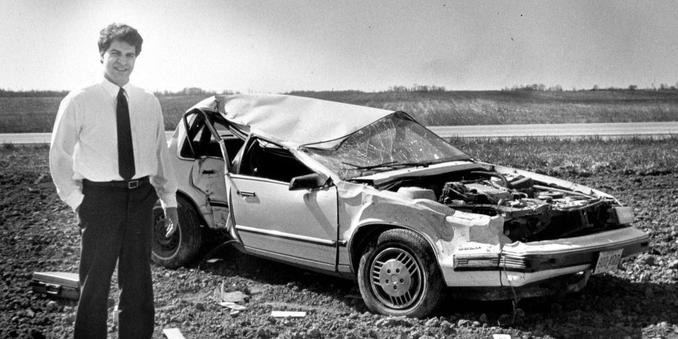@gvwilson I liked it!
»We go to conferences where people give talks about unvetted projects, and we do not turn to each other and say, “So interesting! I can’t wait for it to be peer reviewed so I can find out if it’s true.”«
I esp. like how it applies to software development and yet doesn't. Tools and methods are definitely shared and flow through conferences.
But it's also true that technology is built through peer review, for instance protocols, architecture.. and *code review*.
